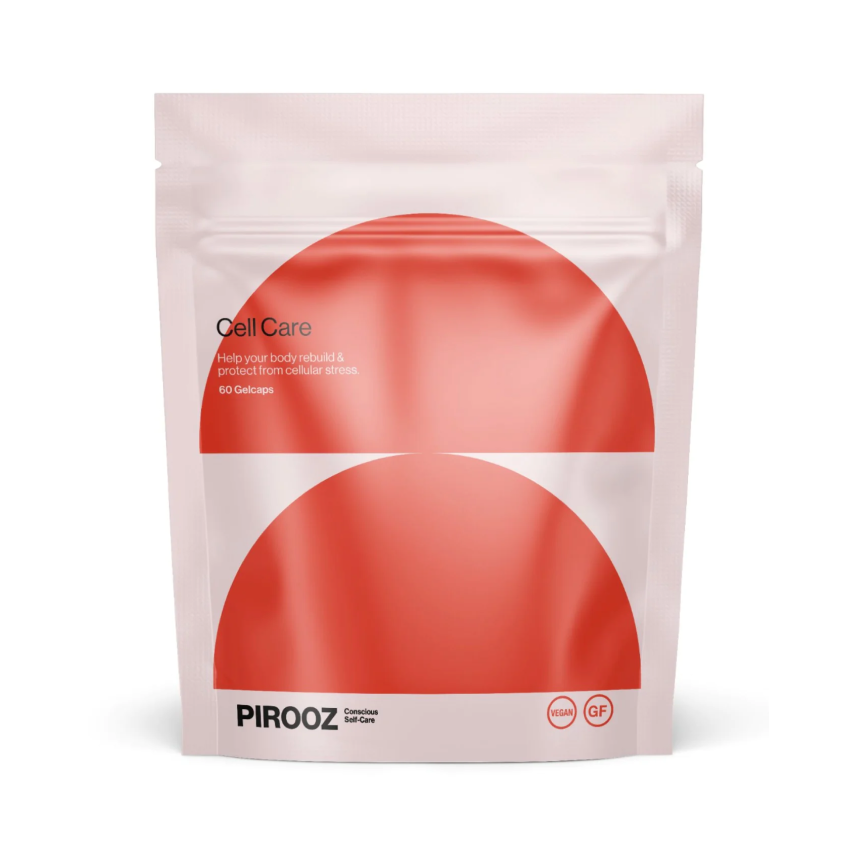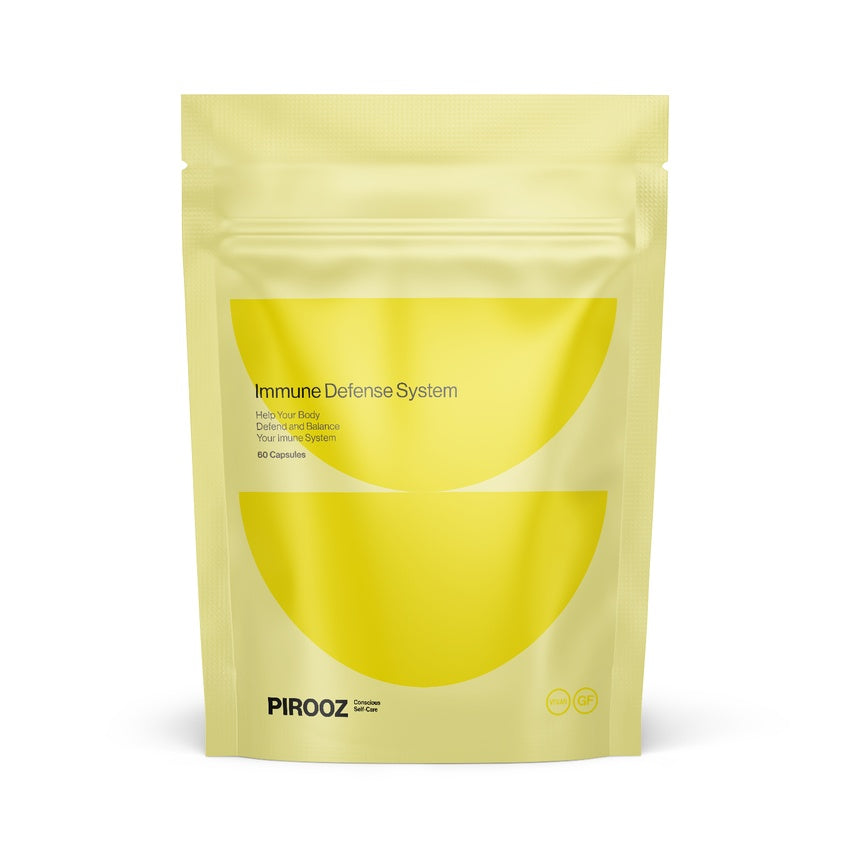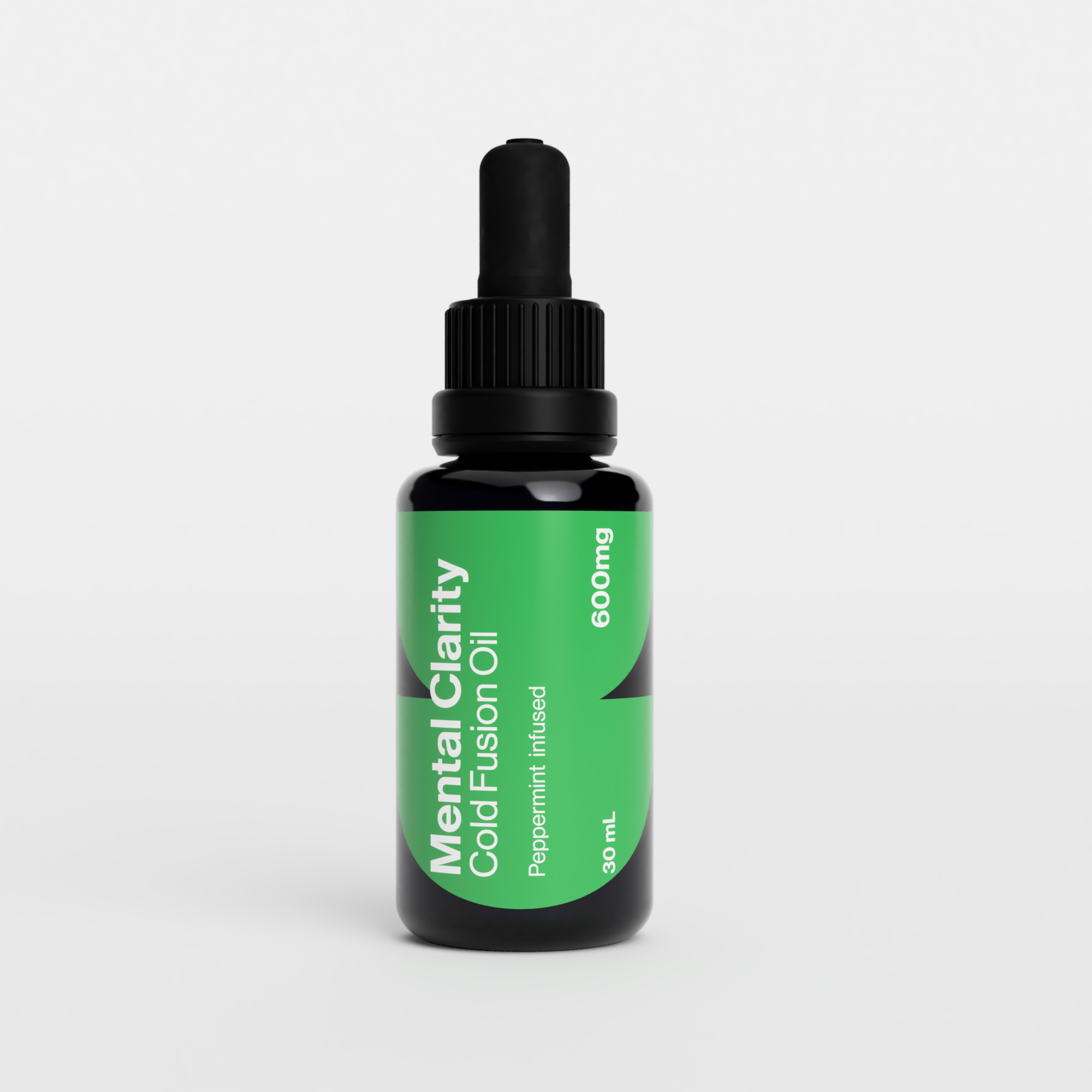Understanding Inflammation -
Before delving into anti-inflammatory supplements, it's essential to understand the basics of inflammation. Acute inflammation is the body's immediate and early response to an injury or infection, while chronic inflammation can persist for weeks, months, or even years. Chronic inflammation has been linked to various diseases, making it a significant concern for overall health.The Anti-Inflammatory Lifestyle
Adopting an anti-inflammatory lifestyle is the foundation of promoting overall well-being. This lifestyle includes making mindful dietary choices, engaging in regular physical activity, managing stress, and ensuring adequate sleep. A diet rich in fruits, vegetables, whole grains, and omega-3 fatty acids has been associated with lower levels of inflammation. Complementing these lifestyle changes with targeted supplements can provide additional support.Role of Supplements in Inflammation
Supplements are complementary in managing inflammation, targeting specific pathways to modulate the body's immune response. It's important to note that while supplements can be beneficial, consulting with healthcare professionals before incorporating them into your routine is advisable.History of Anti-Inflammatory supplements -
The history of anti-inflammatory supplements is intertwined with the broader historical development of medicinal herbs, traditional remedies, and scientific discoveries. Here's an overview of the evolution of anti-inflammatory supplements throughout history:- Ancient China: Traditional Chinese Medicine (TCM) utilizes various herbs, including turmeric and ginger, for their anti-inflammatory properties.
- Ancient India: Ayurveda, the traditional medicine system of India, recommended turmeric for its anti-inflammatory effects. Turmeric has been used for centuries in Ayurvedic preparations.
- Ancient Greece and Rome: Ancient Greeks and Romans used natural substances, such as willow bark (a precursor to aspirin), to relieve pain and address inflammatory conditions.
- Islamic Golden Age: Scholars in the Islamic world preserved and expanded upon the knowledge of medicinal herbs, including those with anti-inflammatory effects.
- Isolation of Active Compounds: In the 19th century, scientists began isolating and identifying active compounds in medicinal herbs. This led to the isolation of salicylic acid from willow bark, a precursor to modern aspirin.
- Synthesis of Aspirin: Aspirin, a synthetic form of salicylic acid, was developed in the late 19th century and gained widespread use in the early to mid-20th century. It became a staple for its anti-inflammatory and pain-relieving properties.
- Fish Oil and Omega-3 Fatty Acids: In the late 20th century, research on the Inuit population and their low incidence of inflammatory conditions led to exploring fish oil as a source of omega-3 fatty acids. Omega-3 supplements gained popularity for their anti-inflammatory effects.
- Turmeric and Curcumin Supplements: Turmeric, a traditional spice in Indian cuisine, gained attention for its active compound, curcumin. Curcumin supplements became famous for their anti-inflammatory and antioxidant properties.
Omega-3 Fatty Acids
Omega-3 fatty acids in fatty fish like salmon, mackerel, and sardines have potent anti-inflammatory properties. The two main types of omega-3s, eicosapentaenoic acid (EPA) and docosahexaenoic acid (DHA) are crucial in reducing inflammation. Research suggests that omega-3 supplementation can lower levels of inflammatory markers, such as C-reactive protein (CRP). (Calder, P. C. (2013)Curcumin
Curcumin, the active compound in turmeric, has been celebrated for its powerful anti-inflammatory and antioxidant effects. It inhibits inflammatory pathways at the molecular level, making it a promising supplement for managing chronic inflammation. Studies indicate its efficacy in arthritis, inflammatory bowel diseases, and certain cancers. (Hewlings, S. J., & Kalman, D. S. (2017). )Ginger
Ginger, a spice with a long history of medicinal use, contains bioactive compounds with anti-inflammatory and antioxidant properties. Studies have shown that ginger supplementation can significantly reduce inflammatory markers, making it a valuable addition to an anti-inflammatory regimen. Additionally, ginger may alleviate exercise-induced muscle soreness. (Mashhadi, N. S., Ghiasvand, R., Askari, G., Hariri, M., Darvishi, L., & Mofid, M. R. (2013). )Vitamin D
Vitamin D is not just essential for bone health; it also plays a role in modulating the immune system. Research suggests that adequate vitamin D levels help prevent chronic inflammatory diseases. The sun is a natural source of vitamin D, and supplementation can be beneficial, especially in regions with limited exposure to sunlight. (Aranow, C. (2011). )Probiotics
The link between gut health and inflammation is well-established, and probiotics play a crucial role in maintaining a healthy gut microbiome. These beneficial bacteria can help regulate the immune system and reduce inflammation. Probiotic supplements have shown promise in managing inflammatory conditions such as irritable bowel syndrome (IBS) and inflammatory bowel disease (IBD). (Hill, C., Guarner, F., Reid, G., Gibson, G. R., Merenstein, D. J., Pot, B., … Sanders, M. E. (2014).)Side effects of Anti-inflammatory supplements -
While many anti-inflammatory supplements offer health benefits, it's important to note that they may also come with potential side effects, especially when taken in excess or specific populations. Here are some common side effects associated with popular anti-inflammatory supplements:Omega-3 Fatty Acids:
Potential Side Effects:- Fishy aftertaste or burping.
- Digestive issues like diarrhoea.
Curcumin (Turmeric):
Potential Side Effects:- Gastrointestinal issues, such as acid reflux or indigestion.
- It may interfere with blood clotting, so caution is advised for those on blood-thinning medications.
Ginger
Potential Side Effects:- Gastrointestinal issues, including heartburn or upset stomach.
Vitamin D
Potential Side Effects:- Hypercalcemia (elevated calcium levels in the blood) if taken in excess.
- Digestive issues like constipation.
Probiotics
Potential Side Effects:- Gastrointestinal problems such as bloating or gas, especially during the initial days of supplementation.
General Considerations
Interactions with Medications:- Many supplements can interact with medications, reducing their effectiveness or enhancing their effects. Always inform your healthcare provider about any supplements you are taking.
- Some individuals may be allergic to certain supplements. Monitor for signs of allergic reactions, such as itching, swelling, or difficulty breathing.
- The quality of supplements can vary. Choose reputable brands to ensure purity and accurate labelling of ingredients.
- Responses to supplements can vary among individuals. What works well for one person may have different effects for another.
- Excessive intake of supplements can lead to adverse effects. Follow recommended dosage guidelines and seek professional advice if unsure.












